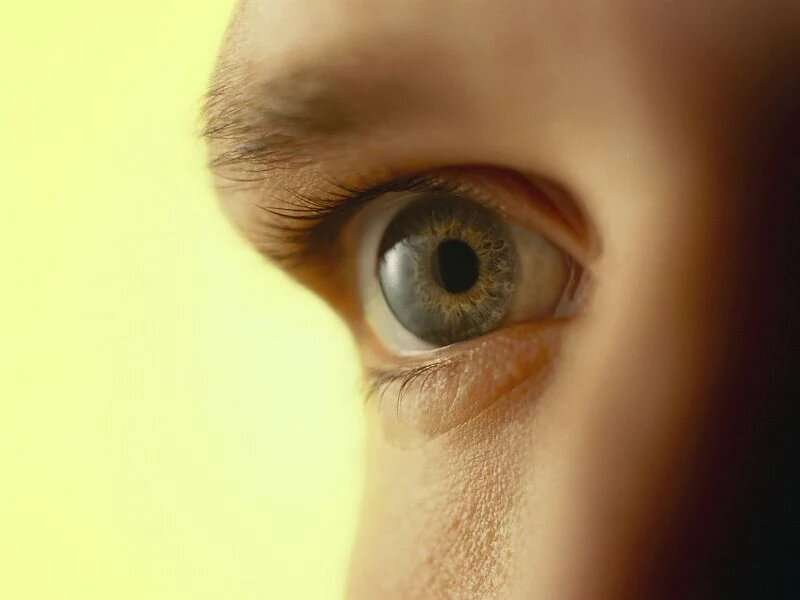Hydroxychloroquine blood levels predict retinopathy risk in lupus

(HealthDay)—Hydroxychloroquine (HCQ) blood levels are useful in predicting retinopathy among patients with systemic lupus erythematosus (SLE), according to a study published online Sept. 18 in Arthritis & Rheumatology.
Michelle Petri, M.D., from the Johns Hopkins University School of Medicine in Baltimore, and colleagues assessed the risk for HCQ retinopathy by clinical characteristics and levels of HCQ in the blood among 537 SLE patients.
The researchers found that the overall frequency of retinopathy was 4.3 percent. In the first five years, there was a 1 percent risk for retinopathy, which increased thereafter: 1.8 percent from six to 10 years; 3.3 percent from 11 to 15 years; 11.5 percent from 16 to 20 years; and 8 percent after 21 years of use. A higher risk for HCQ toxicity was seen among patients who were older, those with a higher body mass index, and patients with longer duration of HCQ intake. Later HCQ retinopathy was predicted by higher HCQ blood levels.
"The clinical impact of our study is that practitioners would be able to either decrease HCQ dose or increase monitoring in patients with the highest tertile of blood levels," the authors write.
More information: Abstract/Full Text (subscription or payment may be required)
Copyright © 2019 HealthDay. All rights reserved.



















